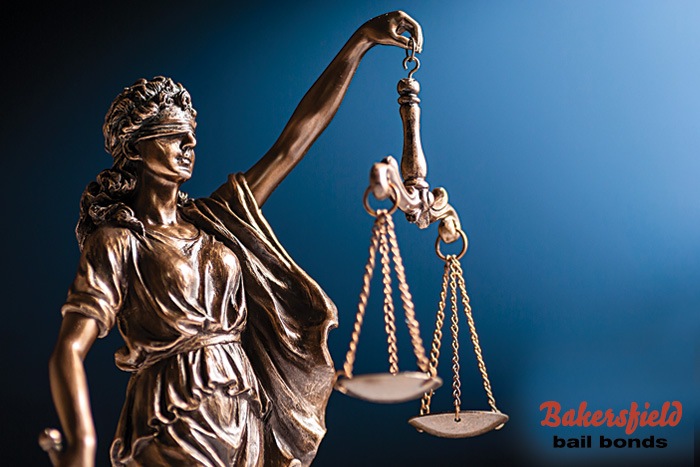
A surprising number of people think that obstruction of justice is something the writers of procedural shows made up in order to correct plot holes. While it’s true, obstruction of justice is an overused plot device, it is also a real thing. If you live in California, there are a few things you should know about the state’s obstruction of justice laws.
One of the interesting things about obstruction of justice in California is that the state doesn’t have a specific obstruction of justice crime. Instead, it’s a blanket term that’s used to describe a variety of offenses that are commonly referred to as California’s obstruction of justice laws.
Official offenses that are considered forms of obstruction of justice include:
- Destruction of evidence
- Withholding evidence
- Resisting arrest
- Preparing false evidence
- Providing a false statement
- Hiding a witness/suspect
- Interfering with an arrest
- Lying to police officers
- Failing to report a crime
- Tampering with evidence
- Intimidating/threatening a witness
The exact consequences of breaking one of California’s obstruction of justice laws varies from case to case. One of the reasons so many different “crimes” fall under the label of obstruction of justice is so that prosecutors have the option of choosing the one that best matches the exact scenario where justice was obstructed.
For example, if you’re convicted of preparing false evidence, your sentence could include 16 months to three years in prison plus as much as $10,000 in fines. In this particular case, you’ll also likely be convicted of felony forgery.
On the other hand, if you are convicted of destroying evidence, you’ll only be convicted of a misdemeanor. The maximum sentence for destroying evidence is six months in a county jail and/or a $1,000 fine.
If you interfere with an arrest which is also called obstructing a police officer, your sentence could be convicted of a misdemeanor. The maximum sentence is a year in a county jail and up o a $1,000 fine.
If you’re charged with one of California’s obstruction of justice laws, don’t automatically confess. The burden of proof lies with the prosecution and making their case often isn’t as easy as they make it sound in the interrogation room. Not only do they have to prove that you did something that made it difficult for the prosecution to make a case or for the police to investigate the crime, but the prosecution also has to prove that at the time of your actions, you knew that you were doing something that obstructed the natural course of justice.
